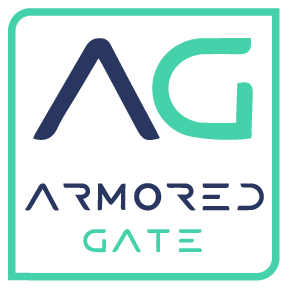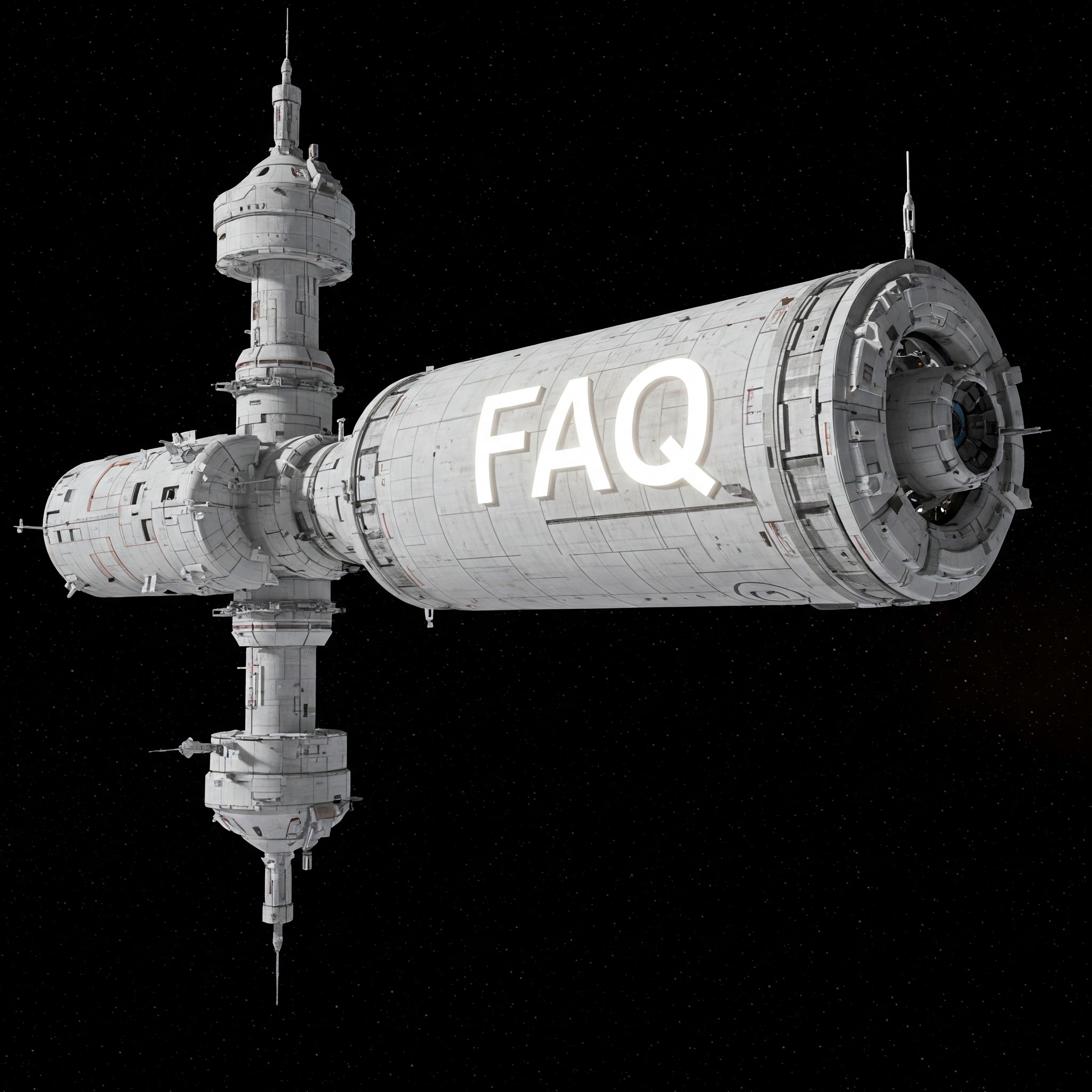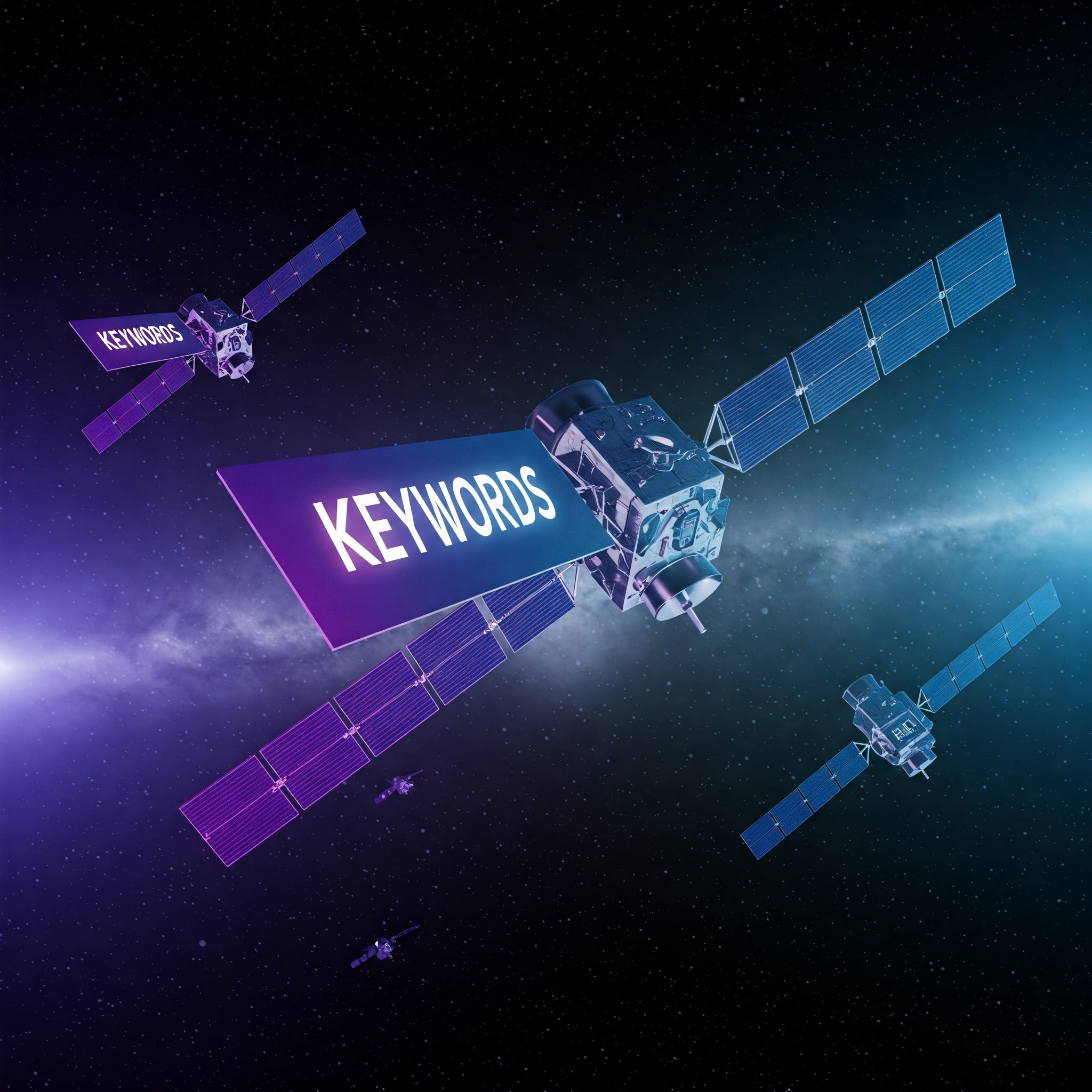CMS migration, the process of moving a website’s content and functionality from one content management system (CMS) to another. Is very similar to CMS platform conversion. The main difference is that with CMS Conversion, you switch platforms. This involves transferring all website data, including text, images, videos, and other files, as well as the site’s design and structure, to a new CMS platform entirely. Moving from like CMS to like CMS is obviously the most optimum situation. But what happens if you are moving from Shopify and you need to convert everything to Woo Commerce? And you want to keep the same layout that you have in Shopify? What do you do? The answer is CMS Platform Conversion.
Reasons for CMS Platform Conversion
There are several reasons why a website owner might choose to convert their CMS platform:
- Improved functionality: The new CMS may offer features and capabilities that the old one lacked, such as better SEO tools, e-commerce integration, or mobile responsiveness.
- Enhanced performance: The new CMS may be faster and more efficient, leading to improved website loading times and user experience.
- Better security: The new CMS may offer stronger security features, protecting the website from hacking and malware.
- Cost savings: The new CMS may have lower licensing fees or hosting costs.
- Improved user experience: The new CMS may be easier to use and more intuitive for website administrators and content creators.
- All of the above: Think you can have it all, you can. You just need to speak with one of our specialists.
Process of CMS Platform Conversion
The process of converting a CMS platform typically involves the following steps:
- Planning: Define the goals of the conversion, choose a new CMS platform, and create a detailed plan for the migration process.
- Content audit: Review all website content and decide which content to migrate to the new CMS.
- Data backup: Back up all website data to ensure that it can be restored if necessary.
- Content migration: Transfer all website content to the new CMS.
- Design and development: Recreate the website’s design and functionality in the new CMS.
- Testing: Thoroughly test the new website to ensure that it is working properly.
- Launch: Launch the new website on the new CMS platform.
Challenges of CMS Platform Conversion
CMS platform conversion can be a complex and challenging process. Some of the challenges include:
- Data loss: There is a risk of losing data during the migration process.
- Downtime: The website may experience downtime during the conversion process.
- Compatibility issues: The new CMS may not be compatible with all of the website’s existing plugins and extensions.
- Cost: CMS platform conversion can be expensive, especially for large and complex websites.
But not with Armored Gate, Our Process is Unique
Our CMS platform conversion process is simple.
- You give us your URL.
- We copy your database, and reconfigure it to fit with our requirements
- We build your current UI and UX into a new theme
- Copy over your current content
- Switch over your DNS
And with Armored Gate Technology you get immediate site speed upgrades and hidden SEO benefits when your site passes all of Google’s Pagespeed tests.
Conclusion
CMS platform conversion can be a beneficial move for website owners who are looking to improve their website’s functionality, performance, security, or user experience. However, it is important to carefully plan and execute the conversion process to minimize the risks and challenges involved. Speak with a specialist today to find out what type of a site you have and how you can achieve the scores you need to convert sales with a platform conversion.




